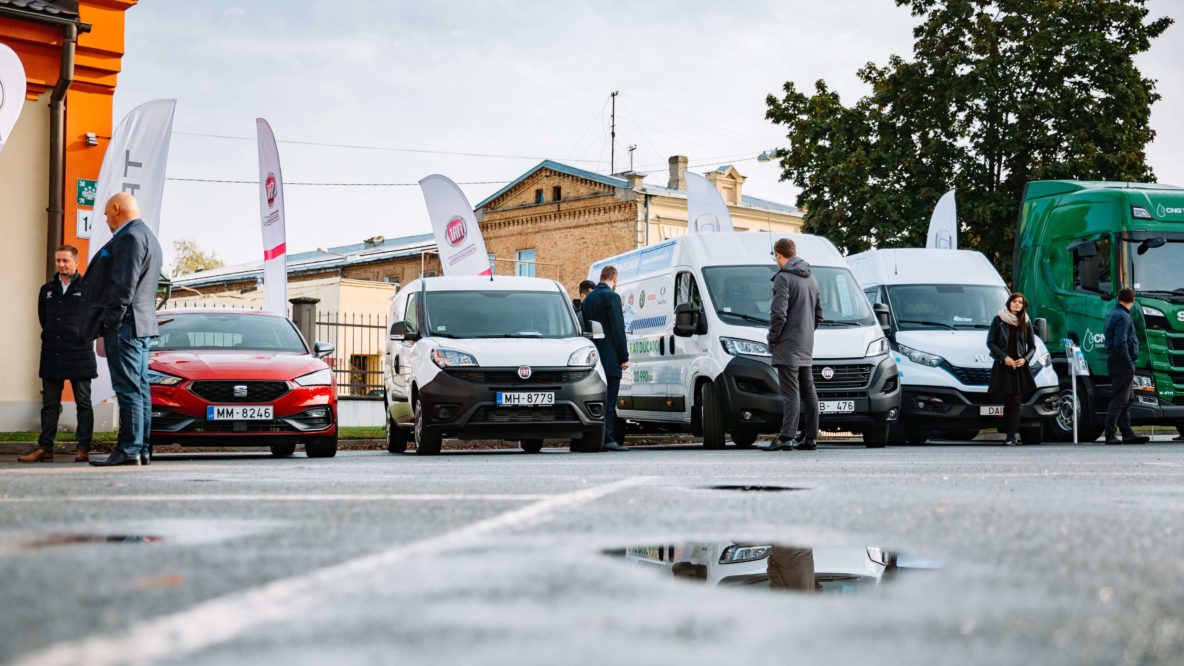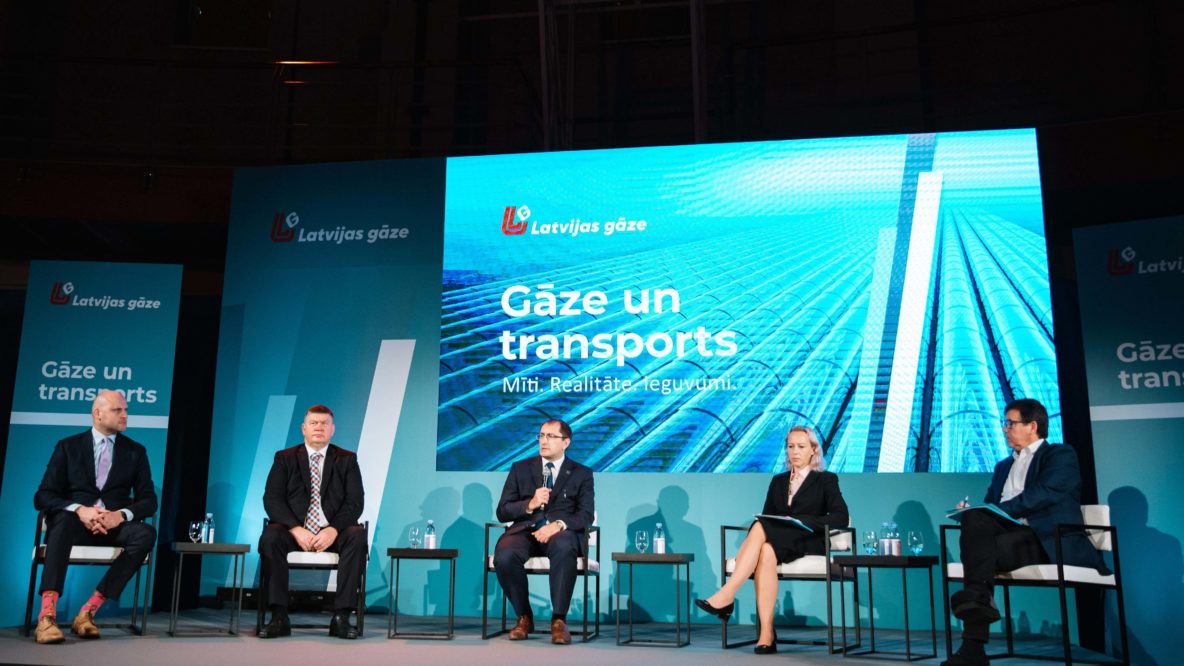Biofuel – high potential, but alternative production methods shall be sought out
Biofuels are produced from biomass, vegetable oils (oil palm, sunflower, rapeseed, and soya-bean), as well as municipal and industrial waste, and are included in the renewable energy (RES) portfolio as well. Experts agree that the benefits of a biofuel are clear, as it is carbon neutral in the combustion process; therefore, it effectively reduces harmful emissions.
Biomethane – has the potential to reduce emissions, however, the replacement of cars will be required
The main advantage of biomethane is that if it is obtained from organic waste, from the point of view of a complete fuel cycle, GHG emissions are reduced rather than generated. Natural gas, especially in combination with biomethane, is an economical basis for an alternative to diesel cars. It is made more attractive by the decision of the Cabinet of Ministers on a fivefold reduction of excise duty on natural gas used in transport as well.
Electricity – high removal capacity and availability, environmental impact shall be assessed
Of all energy sources, electricity is the most widely available, as the means to obtain it are increasing. If we talk about “green” electricity, then the typical renewable sources are wind, sun, water, geothermal resources, wave, tidal, and other.
The energy efficiency of electricity use is much higher than that of traditional fossil fuels. Meanwhile, from the point of view of a full production cycle, not all electricity is “green”, even that which is obtained from renewable sources. For example, one of the biggest disadvantages of electricity generation is the relatively high water consumption including cooling, maintenance, and support of various equipment. Large-scale HPP projects are also ambiguously assessed.
Hydrogen – zero emissions, however, the technology and infrastructure is still under development
One of the biggest advantages is that a hydrogen-powered car has virtually no emissions; it only produces water vapour. In theory, hydrogen is an unlimited resource, but the most profitable and environmentally friendly forms of production are still being looked for. Hydrogen transport solutions are already available; however, the technology is still relatively new. Currently, its storage and refilling infrastructure is underdeveloped; therefore, long-term vehicle operation may be relatively expensive.
The issue of climate-friendly fuels is becoming increasingly important. As climate change concerns worsen, the European Union is tightening up its rules to reduce GHG emissions to meet the EU's 2050 goal of becoming climate neutral. Therefore, it is necessary to evaluate and plan what our car fleet will be in the future and what will operate our car engines.



